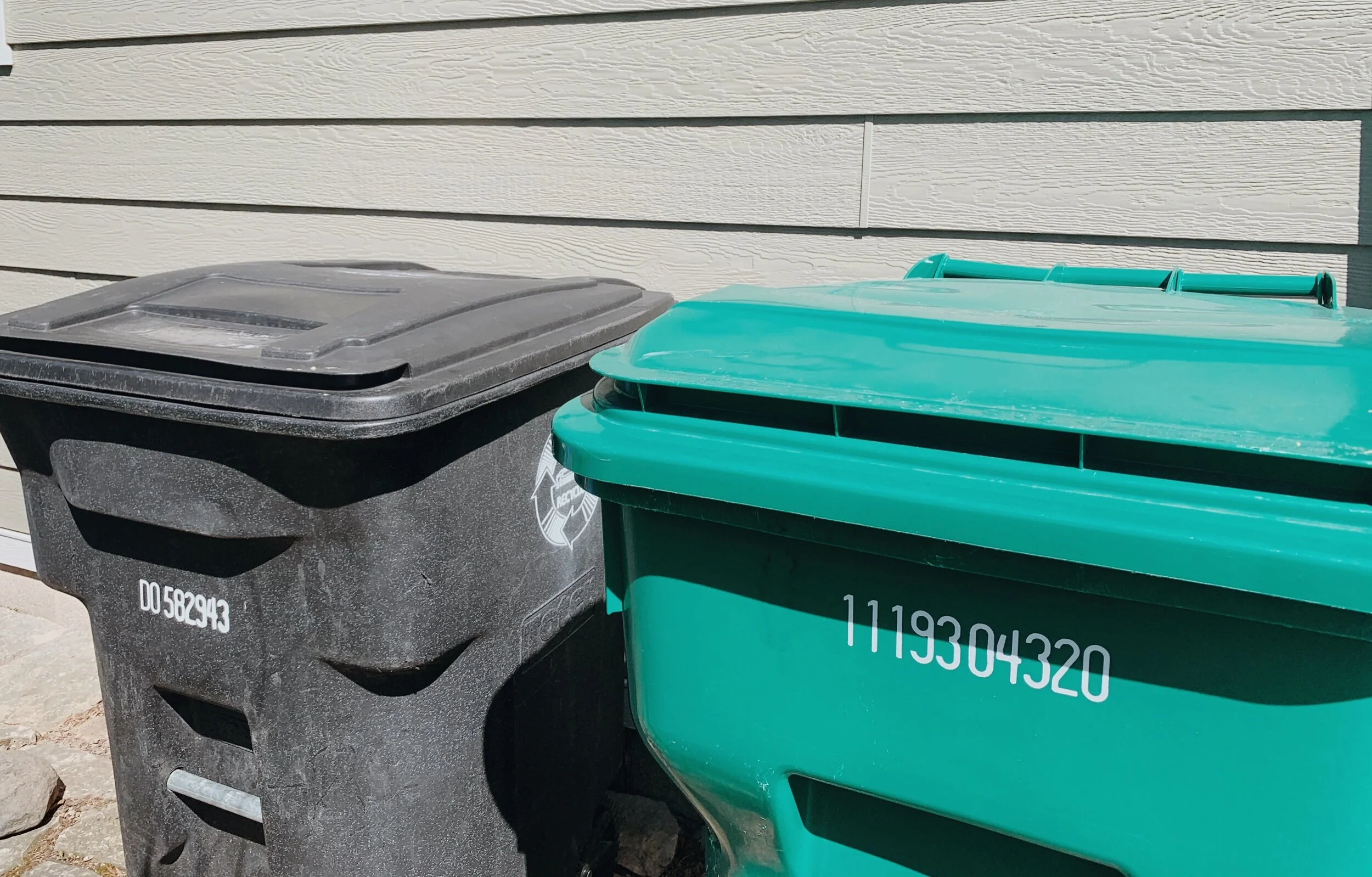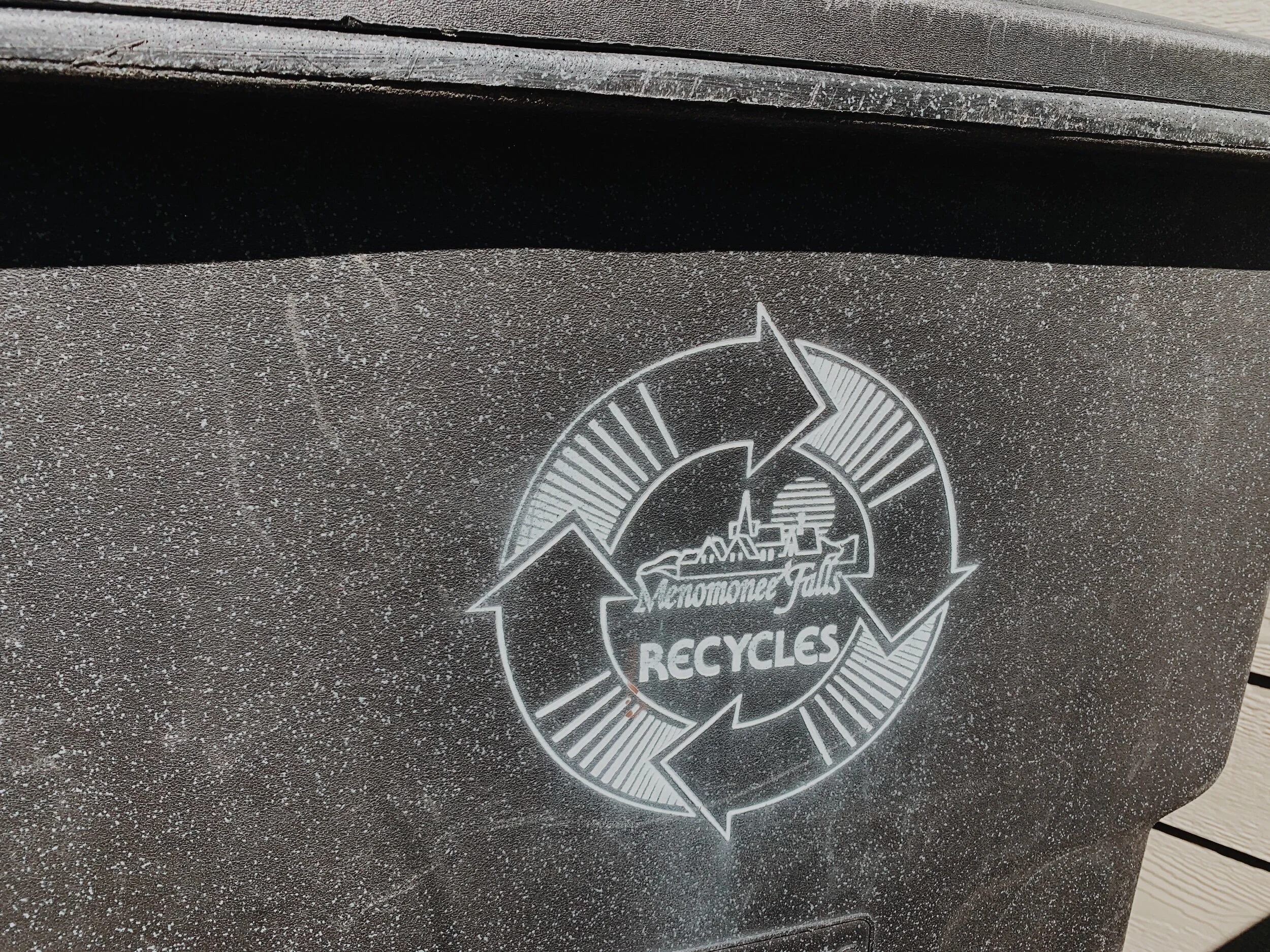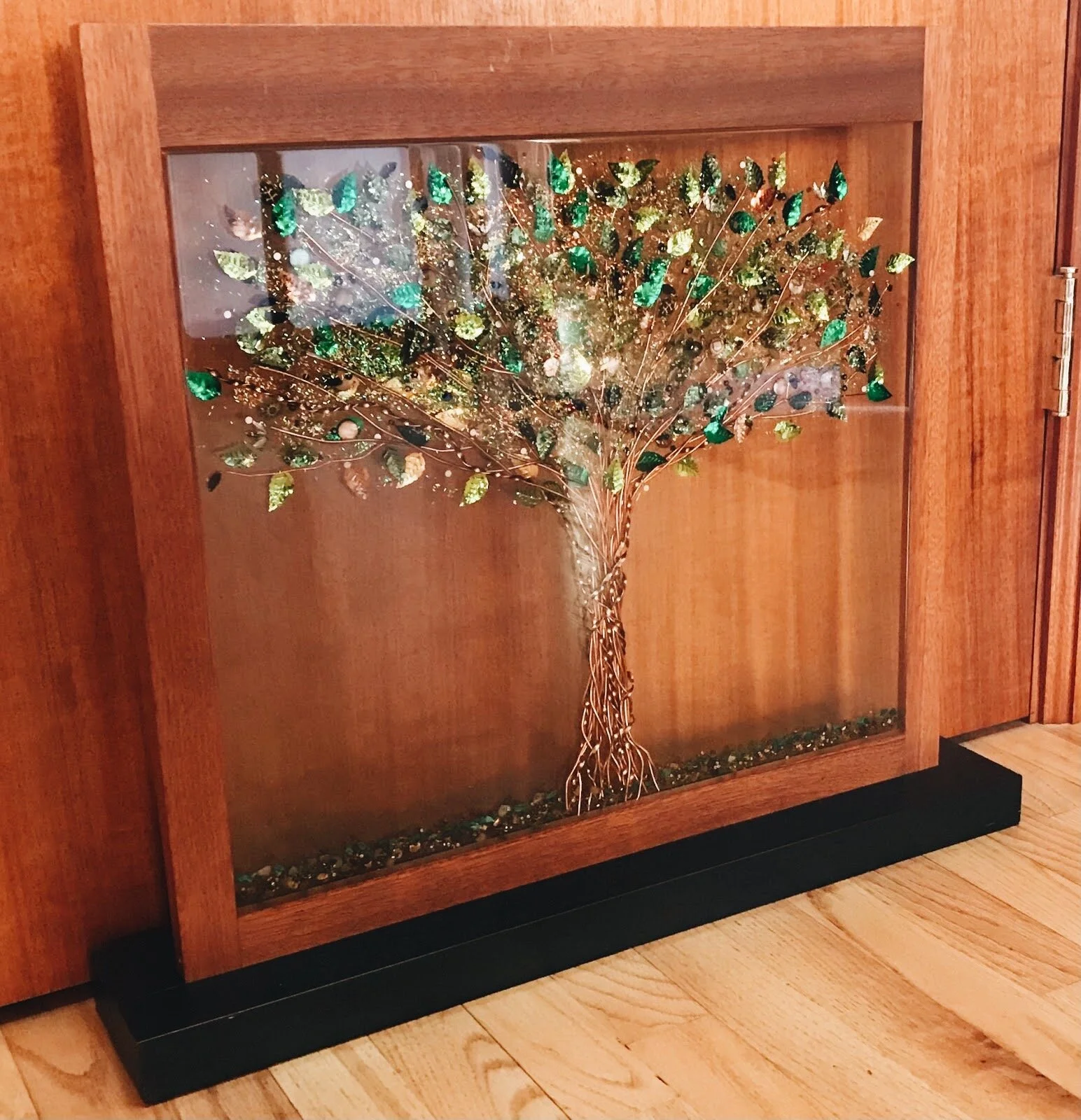The Myth About Recycling
Photo by Cora Kuhlenbeck
Grace Farrell
Many of you might have a recycling bin in your house, yet many fail to properly recycle. Throughout our life, we have been told to “Reduce, Reuse, and Recycle,” yet only 8% of materials actually are suitable for recycling. It is not just the consumers’ fault to fix this system of corrupt sustainability. The U.S. has a horrible recycling program in which many of the ‘recyclable’ items are deemed unsuitable for recycling. If food waste is left in containers, tiny scraps of plastic or the sticky side of post-it notes are put in the recycling bin, it piles in landfills. These materials simply cannot be processed in the facilities that the U.S. has. Many of this plastic waste either ends up in overfilled landfills or the ocean, creating an inhabitable environment for marine life.
The landfills that we all produce trash in create toxic gases such as methane and carbon dioxide which contribute to the depletion of the ozone layer and the acidification of the oceans. We as a collective group of humans are responsible for the murder of our planet, and inevitably our own race. Educating and spreading information about sustainability can stop the ticking time bomb that scientists have given to the state of emergency our planet is in. Many companies, selectively oil and fast fashion industries, contribute the most to this pollution. Posing as environmentally friendly or selling so-called eco-friendly products, many companies give the false impression of sustainability because of the marketing concept called green-washing. Given the name green-washing, companies target young and uneducated audiences, which creates a movement of unethical wage and labor practices, pro-capitalist agendas, and a disillusionment of actual sustainability.
So what can you do in a world created for convenience over one that favors our planet? First, you can forget about the three-word statement about “reducing, reusing, and recycling” and adopt the movement of the 5 r’s “Reduce, Reuse, Repair, Rot, Recycle.” Reduce your waste as a person, family, community. Reuse what you have instead of buying what you don’t need. Repair what you have instead of contributing to the millions of tons of textile waste. Rot the food that you can; create a compost bin for your produce. And your last resort is to recycle.
Another thing, as Earth day approaches, go for a walk, marvel at the wonders that nature provides. And maybe even grab a trash bag and some gloves and join Club Action as we walk around the grounds of Hamilton picking up trash. We only have one earth, we only have one life, we only have one chance to fix everything that we have caused. Please be a cautious consumer and rethink your decisions to shop on Shein or driving your car when you could easily bike or walk. If anything, just understand the dire climate emergency we put ourselves, innocent animals, and our mother earth in.







